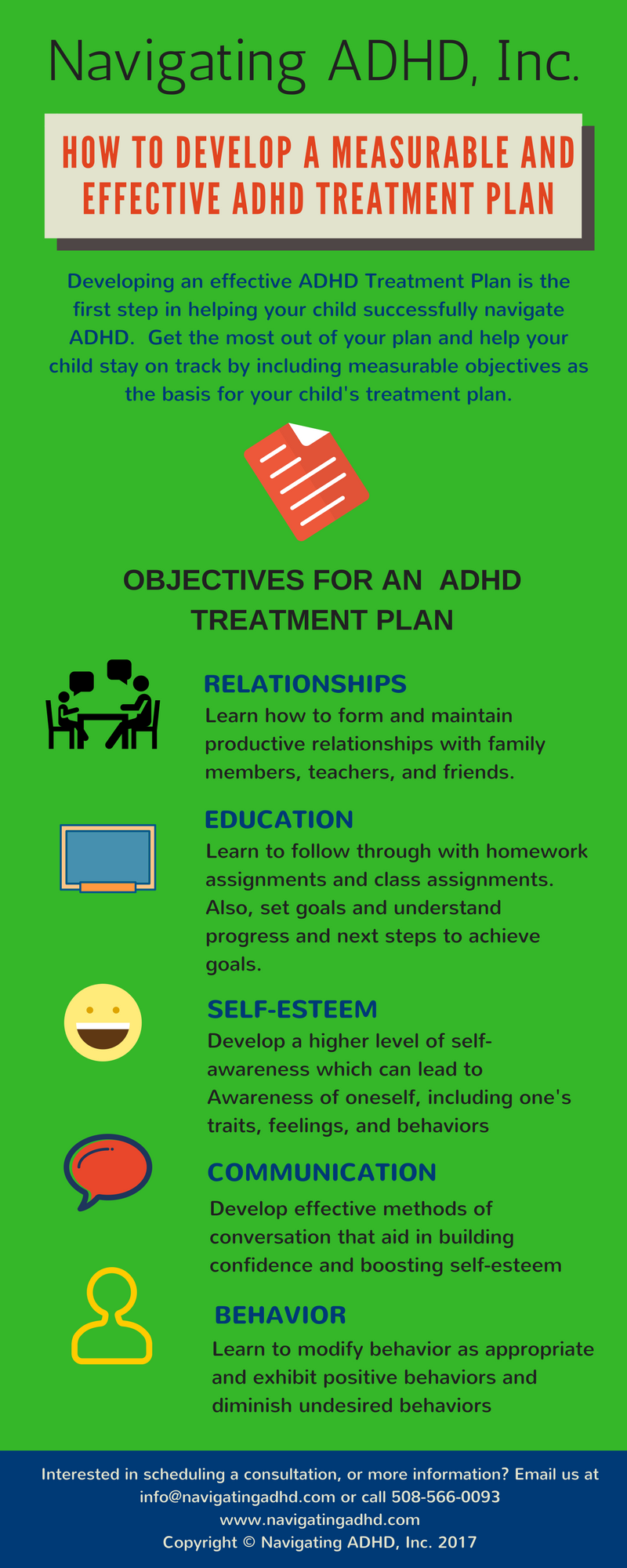Telehealth Psychiatrist Appointments for Convenient Care
Telehealth Psychiatrist Appointments for Convenient Care
Blog Article
Exploring Reliable ADHD Therapy Choices for All Ages
The intricacies of Interest Shortage Hyperactivity Disorder (ADHD) present unique challenges throughout various age groups, requiring an extensive exploration of reliable therapy choices. A combination of behavioral treatments, pharmacological interventions, and way of living alterations has shown promise in addressing the varied requirements of individuals with ADHD.
Recognizing ADHD and Its Influence
Attention-Deficit/Hyperactivity Condition (ADHD) is a neurodevelopmental condition identified by persistent patterns of negligence, hyperactivity, and impulsivity that can significantly affect various elements of a person's life. It generally materializes in youth, although signs and symptoms can persist into adulthood. The core symptoms of ADHD can disrupt instructional performance, hinder social interactions, and make complex occupational ventures.
People with ADHD commonly deal with maintaining focus on jobs, arranging activities, and following with on guidelines, which can bring about academic underachievement (Depression Treatment). In social contexts, impulsivity might result in problems in developing and sustaining connections, as individuals may disrupt discussions or make hasty choices without thinking about effects
In addition, ADHD can co-occur with various other psychological wellness conditions, such as anxiousness and clinical depression, better making complex diagnosis and therapy. The irregularity in sign discussion implies that ADHD can affect people in a different way, necessitating a personalized approach to monitoring. Recognizing ADHD's diverse effect is essential for developing efficient techniques that sustain individuals in navigating everyday challenges and accomplishing their potential. Comprehensive understanding of ADHD's nature and ramifications lays the foundation for checking out suitable therapy alternatives customized to each individual's requirements.
Behavioral Therapies for ADHD
Various behavior modifications have been established to efficiently deal with the obstacles connected with ADHD, concentrating on changing certain actions and promoting necessary skills. Among the most acknowledged methods are cognitive-behavioral treatment (CBT), parent training, and social skills training.
CBT assists people identify and alter negative thought patterns and habits, promoting a much more positive overview and improved self-regulation. This therapy frequently consists of practical techniques for taking care of impulsivity and enhancing company. Parent training programs encourage caretakers by equipping them with methods to reinforce positive actions and set consistent limits, which can be especially valuable for children with ADHD.
Social skills training is another crucial component, mentor individuals with ADHD just how to engage efficiently with peers - Depression Treatment. This method commonly involves role-playing and responses to enhance communication, collaboration, and conflict resolution skills
Including these behavior modifications into a thorough treatment strategy can significantly boost working and high quality of life for people with ADHD. Eventually, the effectiveness of these treatments relies on customized approaches that think about the unique requirements of each person, therefore promoting durability and adaptability in day-to-day live.
Medicine Options Available
For many individuals with ADHD, medication can play a substantial duty in taking care of signs and improving total functioning. The 2 primary categories of medicines recommended for ADHD are stimulants and non-stimulants.
Energizers, such as methylphenidate and amphetamine-based drugs, are one of the most generally made use of treatments. These drugs work by boosting the levels of neurotransmitters, especially dopamine and norepinephrine, in the brain, which helps improve focus and reduce impulsivity and hyperactivity. They usually yield fast outcomes, making them a favored choice for numerous clients.

It is essential for healthcare suppliers to Learn More Here carry out a comprehensive evaluation to identify one of the most proper medication based on specific requirements, medical history, and prospective negative that site effects. Routine follow-up and surveillance are also important to guarantee the performance of the selected therapy and to make any type of necessary adjustments.
Lifestyle Changes to Consider
Handling ADHD successfully prolongs beyond drug, as way of life changes can considerably enhance general well-being and signs and symptom control. Including organized regimens is essential; consistent timetables help people with ADHD manage their time effectively and minimize feelings of overwhelm.
Normal physical activity is another crucial element. Exercise not only aids to improve focus yet also boosts mood and decreases stress and anxiety degrees. Tasks such as yoga or team sporting activities can be especially valuable, advertising both fitness and social communication.
Nutrition also plays an essential function. Depression Treatment. A balanced diet plan rich in omega-3 fatty acids, whole grains, and lean healthy proteins can add to enhanced emphasis and cognitive function. recommended you read Limiting sugar and processed foods is suggested, as these can exacerbate attention deficit disorder and impulsivity
Rest health is crucial for managing ADHD signs and symptoms. Developing a normal sleep routine and developing a restful setting can improve sleep quality, causing far better attention and emotional guideline.
Alternate and All Natural Techniques
Alternative and alternative techniques to ADHD treatment use a varied series of alternatives that enhance conventional approaches. These strategies usually concentrate on lifestyle adjustments, nutritional interventions, and therapeutic techniques that aim to improve overall wellness while addressing ADHD symptoms.

Mindfulness and behavior modifications are also gaining traction as all natural treatments. Practices such as yoga exercise, meditation, and cognitive-behavioral treatment can cultivate self-regulation and boost focus. These approaches sustain emotional strength, which is particularly useful for people with ADHD.
Natural supplements, such as ginkgo biloba and ginseng, are often checked out; however, it is crucial to seek advice from health care professionals before including these into therapy plans. While alternative and all natural methods can give important assistance, they should ideally be used combined with evidence-based therapies to achieve optimum results for managing ADHD throughout all ages.
Conclusion
In recap, effective ADHD treatment necessitates a detailed method that includes behavior therapies, medication, lifestyle adjustments, and holistic approaches. Tailored treatments can dramatically improve individuals' functioning and high quality of life, while proper drug makes certain optimum signs and symptom monitoring. Adopting organized regimens, involving in normal physical task, and exercising mindfulness can enhance psychological regulation and focus. This diverse method emphasizes the significance of personalized care in addressing the diverse needs of people with ADHD across all age teams.
Report this page